Melia azedarach
Melia azedarach
1. The products in our compound library are selected from thousands of unique natural products; 2. It has the characteristics of diverse structure, diverse sources and wide coverage of activities; 3. Provide information on the activity of products from major journals, patents and research reports around the world, providing theoretical direction and research basis for further research and screening; 4. Free combination according to the type, source, target and disease of natural product; 5. The compound powder is placed in a covered tube and then discharged into a 10 x 10 cryostat; 6. Transport in ice pack or dry ice pack. Please store it at -20 °C as soon as possible after receiving the product, and use it as soon as possible after opening.
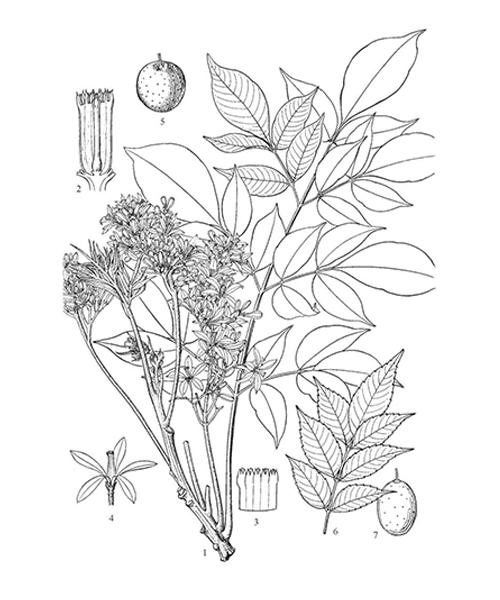
Natural products/compounds from Melia azedarach
- Cat.No. Product Name CAS Number COA
-
BCN5816
4-Hydroxybenzaldehyde123-08-0
Instructions
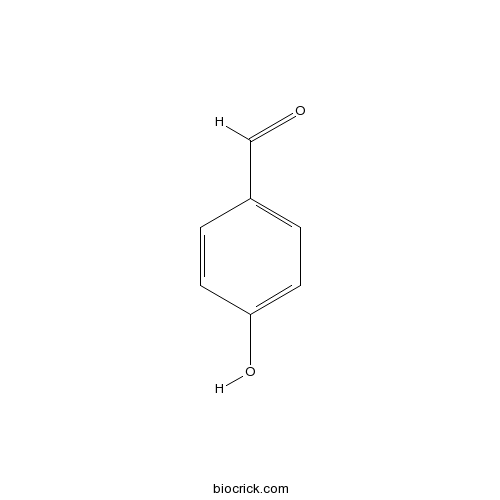
-
BCN3171
3-oxo-Olean-12-en-28-oic acid17990-42-0
Instructions
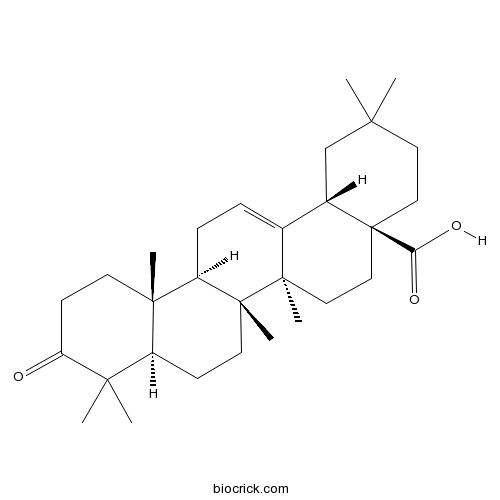
-
BCX0627
(+)-Balanophonin215319-47-4
Instructions

-
BCN1272
Fraxinellone28808-62-0
Instructions
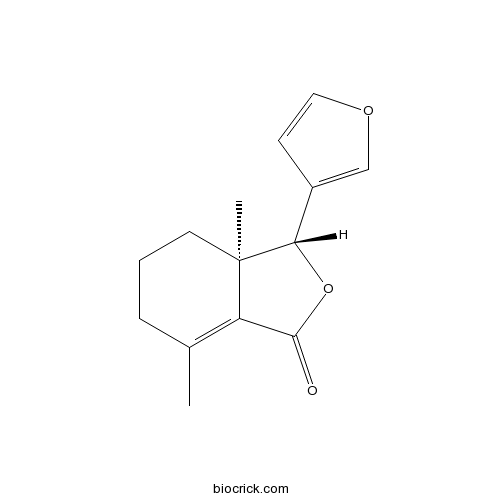
-
BCN7834
Clemaphenol A362606-60-8
Instructions
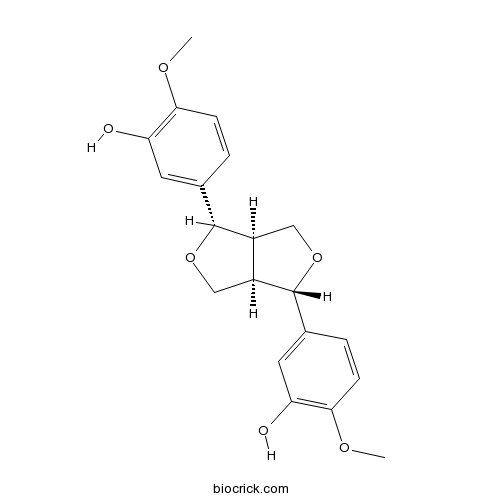
-
BCN5531
Daucosterol474-58-8
Instructions
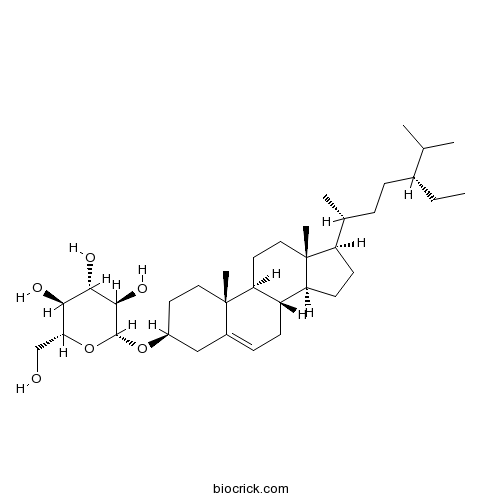
-
BCN5549
Astragalin480-10-4
Instructions

-
BCN5569
Isoquercitrin482-35-9
Instructions
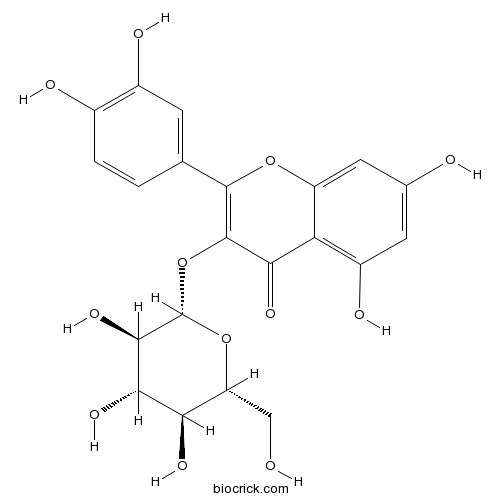
-
BCN5570
Hyperoside482-36-0
Instructions

-
BCN5590
Daidzein486-66-8
Instructions

-
BCN5665
Quercitrin522-12-3
Instructions
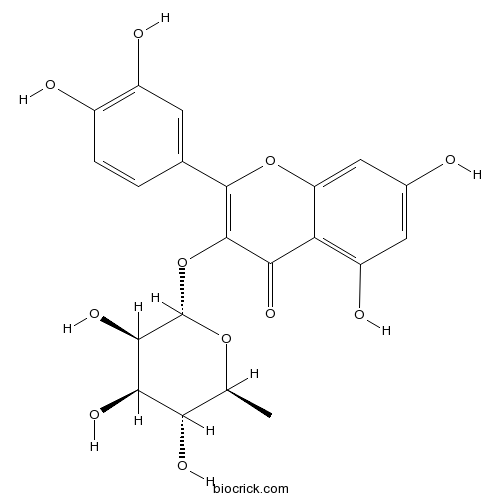
-
BCN5699
Syringic acid530-57-4
Instructions

-
BCN1007
Toosendanin58812-37-6
Instructions
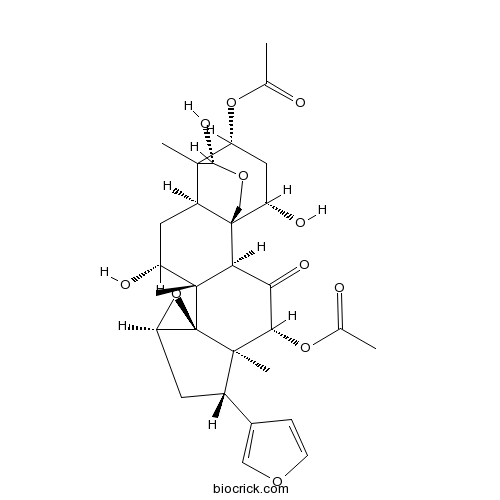
-
BCN4582
Isoscopoletin776-86-3
Instructions
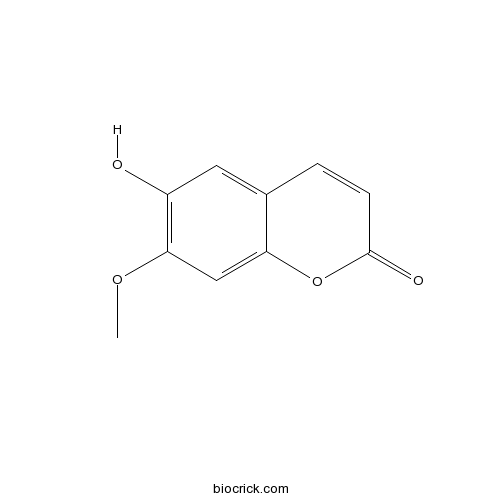
-
BCN4546
4-Hydroxybenzoic acid99-96-7
Instructions

Functional growth inhibition of influenza A and B viruses by liquid and powder components of leaves from the subtropical plant Melia azedarach L.[Pubmed: 29633076]
None
Removal of aqueous Cr(VI) by a magnetic biochar derived from Melia azedarach wood.[Pubmed: 29427861]
None
Photosynthetic gas exchange responses of Swietenia macrophylla King and Melia azedarach L. plantations under drought conditions.[Pubmed: 29198038]
The environmental stresses caused by climate change have become more severe in recent decades, affecting tree growth and physiology. Tropical forests have great potential for global carbon sequestration. However, they suffer from heavy rainfall and prolonged dry periods due to climate change. Swietenia macrophylla King and Melia azedarach L. are economically valuable trees that are widely planted in southern Taiwan. Plantations are exposed to either prolonged dry periods or heavy rainfall within the seasons of tropical monsoon areas. Photo-physiological comparisons may provide information that can improve management of S. macrophylla and M. azedarach plantations in tropical regions.
Antipyretic effects of hydro-methanol extract of Melia azedarach Linn. seeds and Cucumis melo Linn. seeds in experimental rabbits.[Pubmed: 29039323]
To investigate the antipyretic activity of hydro-methanol extract of Melia azedarach Linn. (HMEMA) seeds and Cucumis melo Linn. (HMECM) seeds in experimental animals. Baker's yeast was used to induce fever in rabbits which were divided into six groups. The animal groups were thereafter administered distilled water (control), paracetamol (reference standard, 150mg/kg), HMEMA (250mg/kg), HMEMA (500mg/kg), HMECM (250mg/kg) and HMECM (500mg/kg) respectively. HMEMA and HMECM were also phytochemically screened for tannins, alkaloids, phenols, flavonoids, saponins and cardiac glycosides. Results indicate that hydro-methanol extract of M. azedarach Linn. Seeds (250mg/kg and 500mg/kg) significantly (p<0.001, p<0.05 respectively) reduced the elevated body temperature in dose dependant manner. Insignificant to no antipyretic effect was produced by hydro-methanol extract of Cucumis melo L. seeds. Phytochemical analysis of the HMEMA showed the presence of flavonoids, saponins, tannins, phenols, alkaloids and cardiac glycosides While HMECM was positive for flavonoids, phenols and saponins. The result shows that there exists a potential benefit in utilizing Melia azedarach L. seeds in treating fever. This property can be attributed to the presence of phytochemical constituents present in the hydro-methanol extract of Melia azedarach L. seeds and the exact mechanism need to be evaluated.


